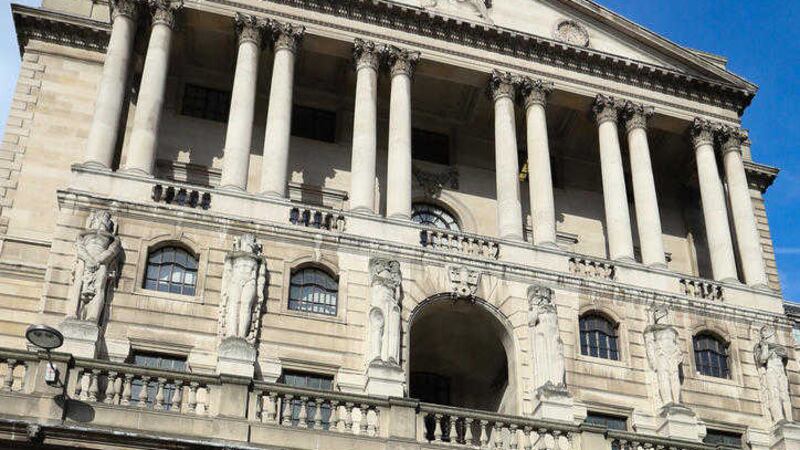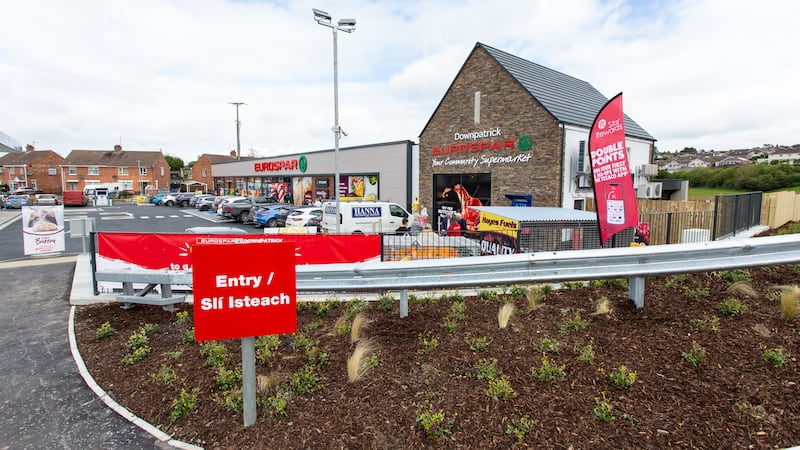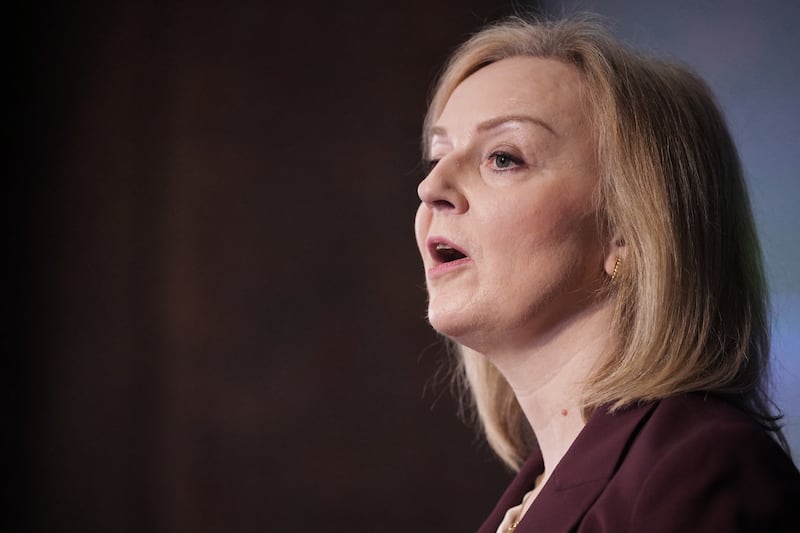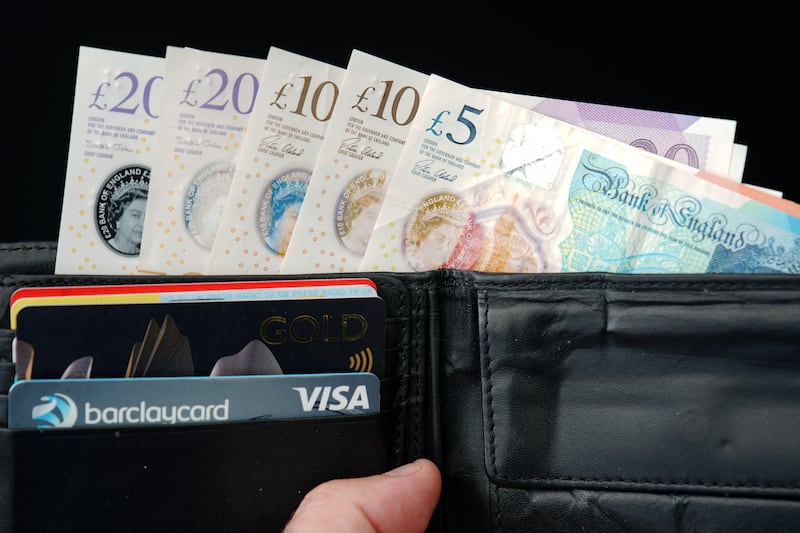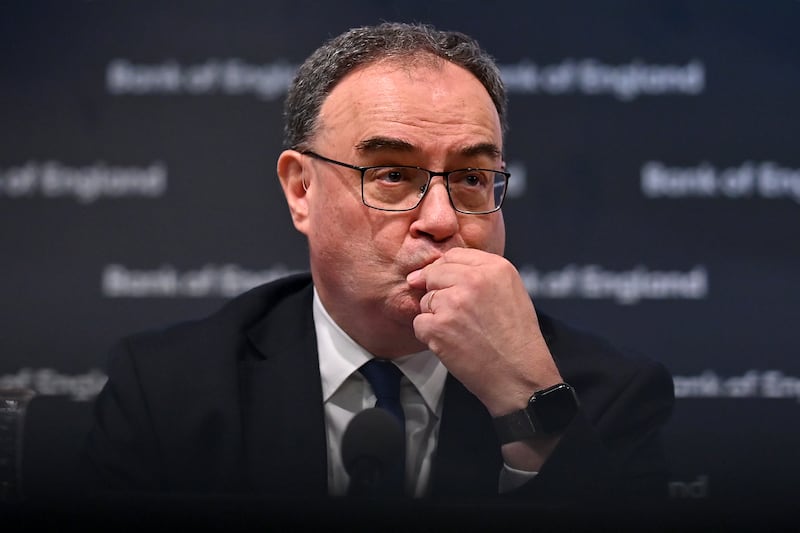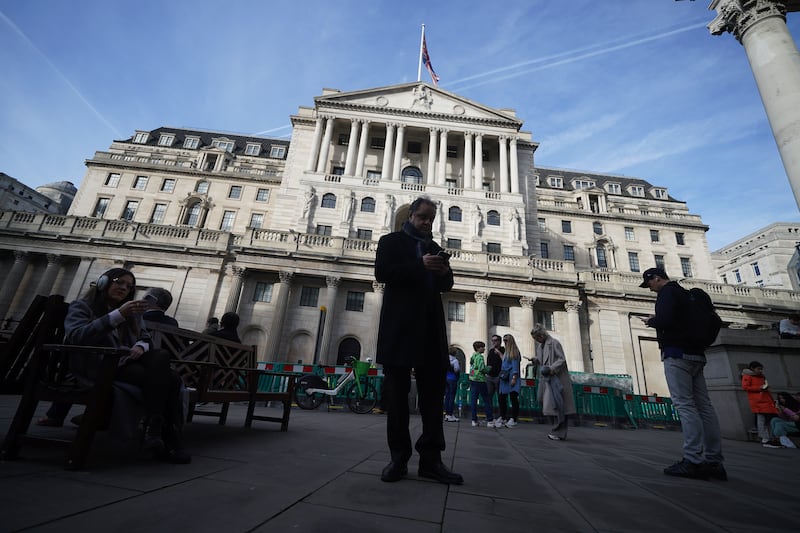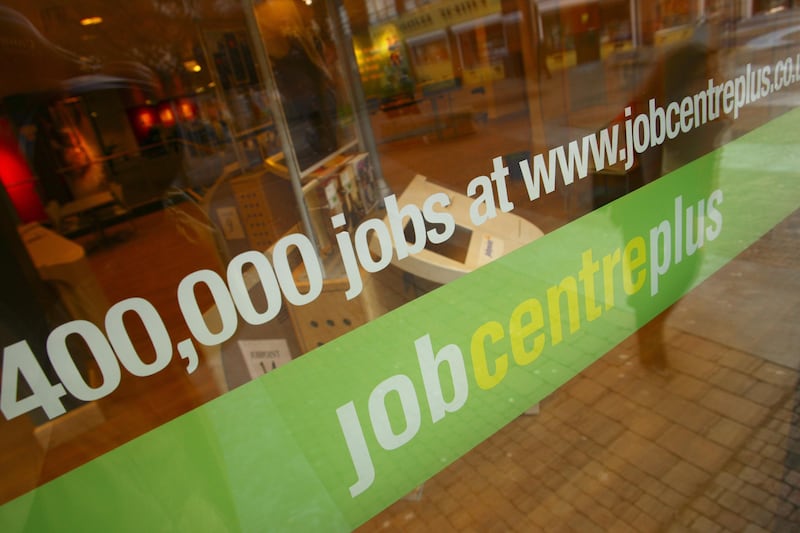THE Bank of England has kept interest rates on hold, despite predictions of a cut from analysts.
The Monetary Policy Committee (MPC) chose by eight members to one to keep rate at their historic low of 0.5 per cent.
The decision defied predictions of a slashing in rates to 0.25 per cent.
Bank of England governor Mark Carney said last month hisview was that action would be taken over the summer.
However, minutes from the MPC meeting suggested a rate cut may come next month, revealing that "most members of the committee expected monetary policy to be loosened in August".
They will wait until the bank's quarterly forecasts on August 4 before taking further action and deciding on "various possible packages of measures".
Economist Paul Diggle, of Aberdeen Asset Management, said: "The Bank of England has decided that patience is a virtue.
"But the next meeting is only three weeks away, and by then Carney and his colleagues will have a few extra post-referendum data points to digest as well as a new set of forecasts."
One MPC member, Gertjan Vlieghe, voted for an immediate cut to 0.25% amid signs that the EU referendum decision was already hitting parts of the economy, with growth set to come under further pressure.
The decision to hold rates suggests the Bank is far from having to take emergency action to shore up the economy, although the minutes do reveal worrying signs.
Fears of a hit to house prices were confirmed, with the Bank warning a preview of the June survey from the Royal Institution of Chartered Surveyors showed a "marked weakening" in activity and prices.
Separate figures also showed plunging business and consumer confidence.
The Bank cautioned the "uncertainty flowing from the referendum result was likely to be negative for near-term activity".
But the minutes of the MPC meeting showed the economy had been resilient in the run-up to the vote, with the Bank now expecting second-quarter growth to pick up to around 0.5 per cent, from 0.4 per cent in the previous three months.
The nank also said it had taken some "reassurance" that financial markets were weathering the Brexit vote.
Danske Bank's chief economist in Northern Ireland Angela McGowan said the response by rate setters had been "measured".
"In a recent speech the governor had talked of an 'initial assessment' in July and a 'full assessment' in August when the bank’s Inflation Report will be published along with its new forecasts," she said.
"Although there was no change to interest rates just yet, the governor has signalled that monetary policy will be used to support the economy and the central bank will ensure there is plenty of liquidity in the UK system going forward.
"Thus an interest rate drop to zero cannot be ruled out in the months ahead and in particular the use of unconventional tools are still very much on the table. Markets however will have to allow the governor time to match his monetary policy path with the incoming economic data."
